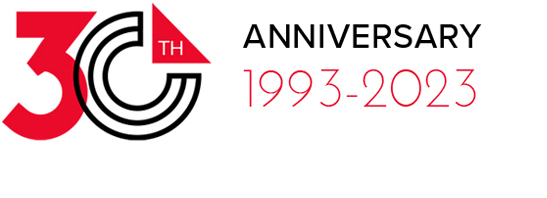
Everyone and everything has a story, including your trade show display. Many displays have seen things you haven’t, like the chaos of the marshaling area of a convention hall. You might want to listen to what your display has to say as you prepare for your next show.
My Crates Require a Hammer to Open or Close Them
Most exhibit houses build sturdy wood crates designed to withstand the abuse of shipping and material handling. But even the best crates don’t last forever. Bolts and wingnuts go missing, latches get bent, and doors and lids no longer fit without a little aggressive massage. Visually, your crate looks like it lost a street fight to a woodchipper.
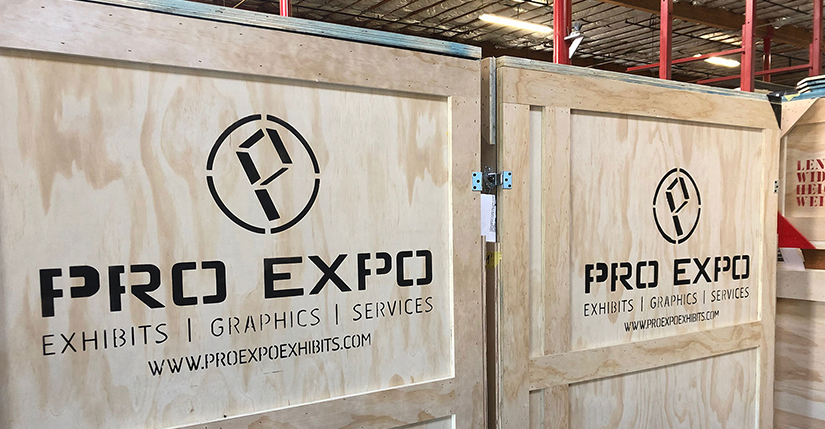
You need to make a decision. If you plan to keep your exhibit for a while longer, then you should probably replace the crate(s). A new crate will ensure your exhibit has the best chance of surviving future shipments and drayage. Plus, if your exhibit has changed over time, the new packaging will be jigged to protect those extra components. No one, including the labor crew, likes to wrestle with a worn-out crate at the end of the show. It’s frustrating and eventually expensive.
My Instructions No Longer Match the Parts and Pieces
Very few exhibits remain the same over time. Graphics change, accessories are added, and broken and lost parts replaced. Your booth evolved as marketing plans change and that’s a good thing. However, with each change, the instructions no longer match the current design. Now, only one person knows how to assemble it.
This can’t continue. In most cases, your exhibit house can assemble the booth in their facility, check and replace any numbering, and print new graphics. If your exhibit house didn’t build it, then they will contact the manufacture for updated instructions based on their notes.
My Graphics are Dirty, Scratched, or Delaminating
Too often, we don’t see what others do. Think of those times someone pointed out a stain on your shirt/blouse that you didn’t see. Trade show graphics have a limited life, either because your message changes or they get damaged or dirty due to repeated handling. On the show floor, first impressions are always lasting impressions.
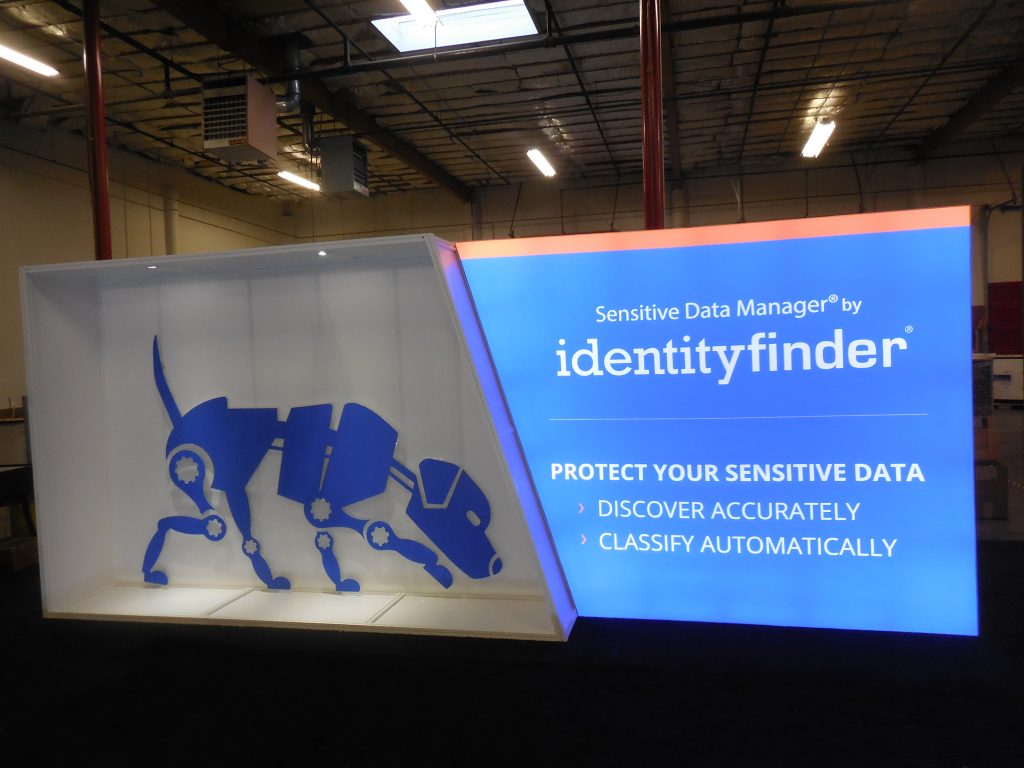
What’s with ALL the Extra Parts?
When the booth was new, there were no “extra” parts and pieces. Replacement parts, perhaps, but no extra ones. So what happened? The answer isn’t always straight-forward. If you’ve ever seen a booth that leans a bit or graphics that don’t fit perfectly, it’s usually because someone took a shortcut assembling the display. Which means, they didn’t bother reading the instructions.
Hey, the Rental Booth Across the Aisle Looks Better Than Me!
Admittedly, a rental exhibit from a reputable exhibit house should look indistinguishable from a new one. It may not have all the bells and whistles, or be totally custom, but it shouldn’t be the equivalent of a 1978 Chrysler Cordoba. When your exhibit pales in comparison to the rental exhibit across the aisle, it may be time to consider a display upgrade. And a rental just might be the right next step.
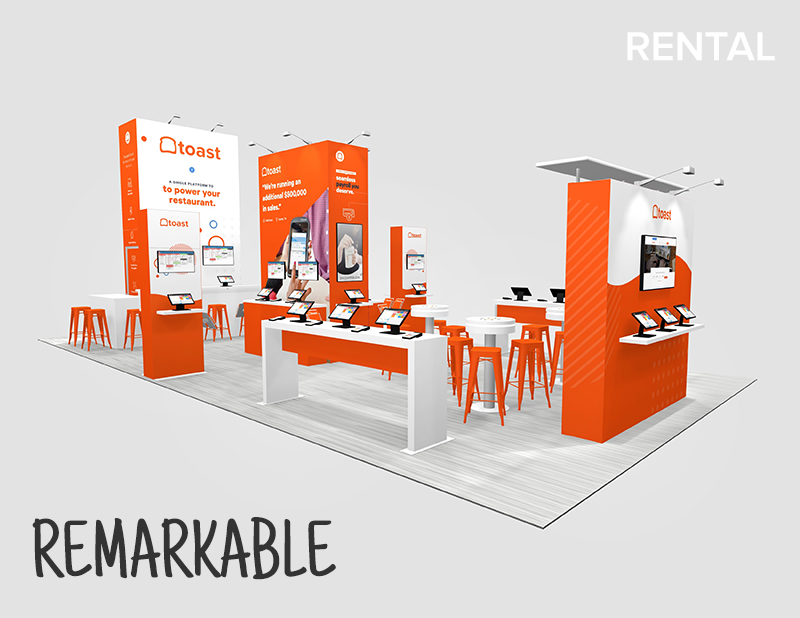
Why is My Disassembly and Repacking Such a Nightmare?
The show is over and you want to go to dinner, go to a bar, or simply go home. But, not yet. The exhibit has to be disassembled and repacked in the crate or case. That task can be straight-forward or a nightmare. There’s a good chance your dismantle team, whether the company’s employees or the hired I&D labor crew, may be unfamiliar with the repack.
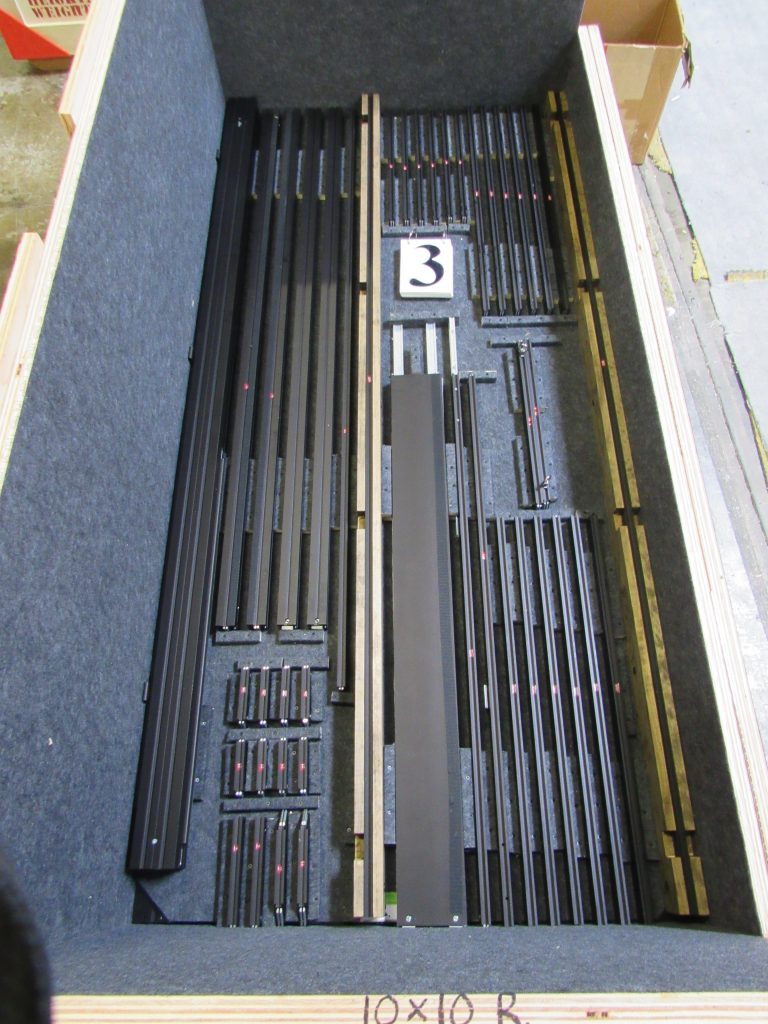
Quality packing instructions and reusable packaging materials might be the single best investment you make in your exhibit. Not only will ensure that your exhibit looks good show after show, but it will also make the disassembly a stress-free. You’ll save money on labor, reduce damage, and ensure that no component gets left behind. Before you buy your exhibit, demand to see how the booth will be packed. And repacked. And repacked.
What’s with My Boring Flooring?
Flooring shouldn’t be an afterthought. It’s another opportunity for effective branding or creativity in your (very expensive) booth space. Some would say even more important than a hanging sign.
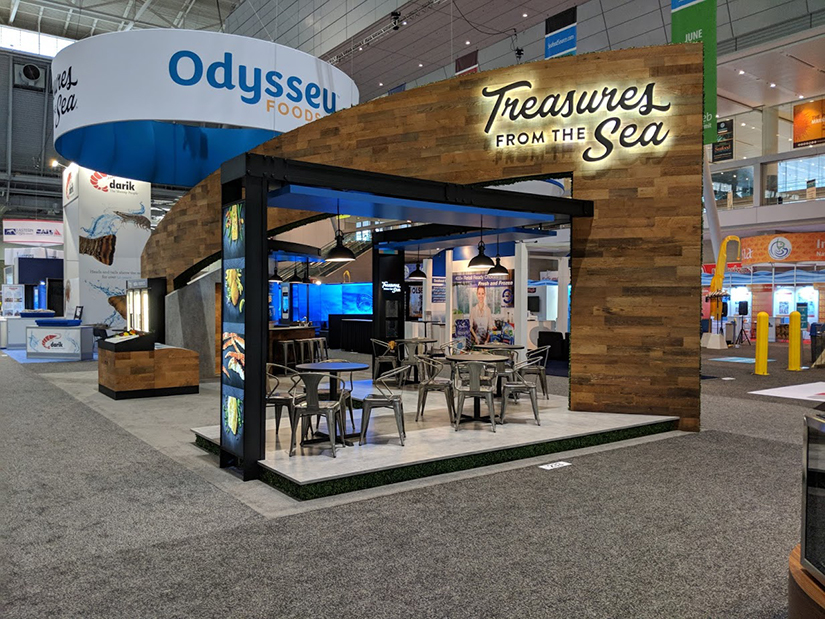
More than ever you have choices: an extra layer of carpet padding, foam tiles, printed graphics, or even raised wood flooring. Heck, some companies are using vinyl graphics on the concrete floor to create interesting and effective graphics. You don’t have to default to rented black or white carpet.
I’m Back in the Shop ONCE AGAIN? Repairs, Storage, and Turnkey Services
Storage and turnkey services are a given on nearly all large exhibits and most program clients. Most businesses don’t have room to store crates nor the time to inspect the exhibit before and after every show. At some point, however, those costs plus any ongoing repairs mean it’s time to consider a new exhibit.
You can minimize repairs and turnkey services by taking care of the exhibit at every stage. Storage fees are negotiable, depending on how much you store and how many other services you tap into at your exhibit house. And when it’s time to retire your display, then either sell it (via a used exhibit broker) or dispose of it. You would be surprised at how often companies continue to pay storage fees long after they no longer use the exhibit.
Still wondering what to do before your next show. Contact us. We’ll make sure you’re next show is successful, without a lot of backtalk from your exhibit.
–Mel White
mel@classicexhibits.com
http://www.linkedin.com/in/melmwhite
**********************************************
Classic Exhibits Inc. designs and manufacturers portable, modular, hybrid, custom, and rental exhibit solutions. Classic Exhibits products are represented by an extensive distributor network in North America and in select International markets. For more information, contact us at 866-652-2100 or www.classicexhibits.com.


